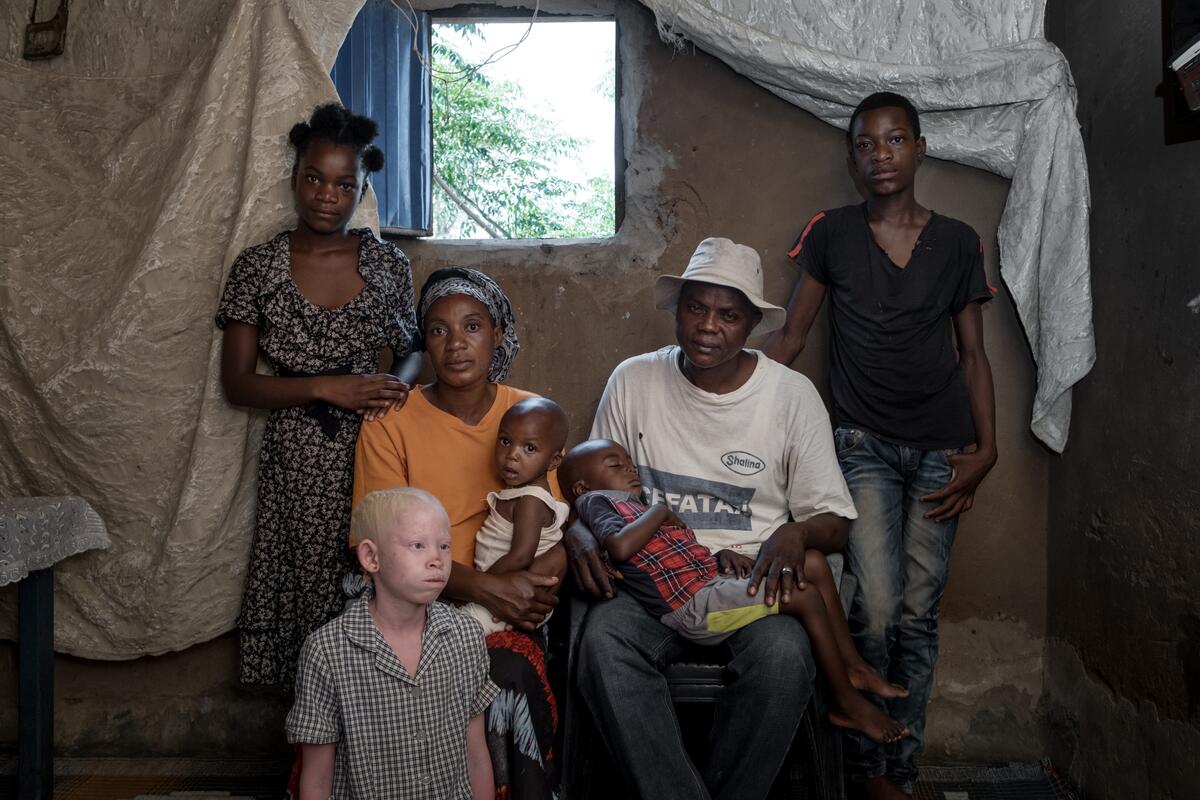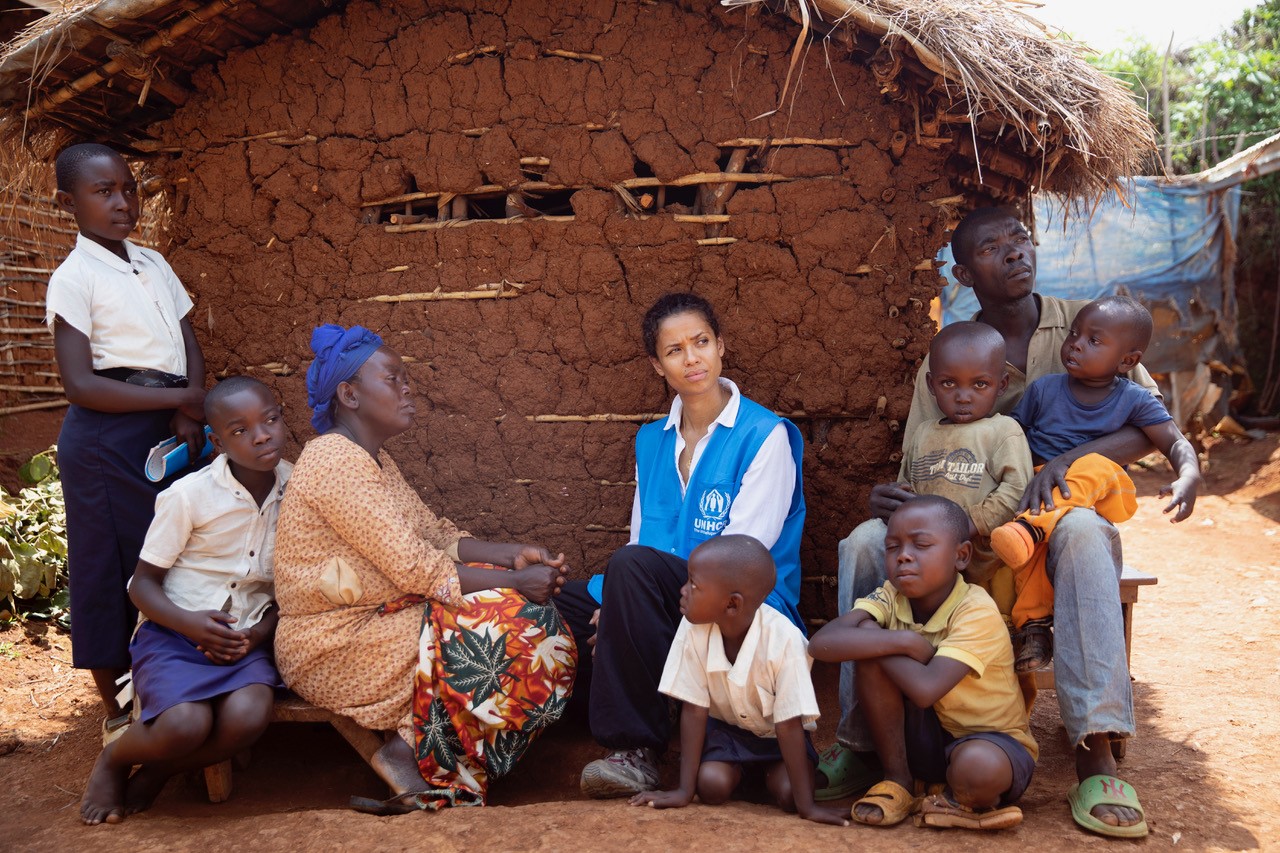Syrian refugees face harsh winter as funding falls short
As he prepares for another winter out of his home, Syrian refugee Radwan faces the immediate challenge of how to keep his family dry.
“Winter is very harsh here. Whenever it rains, our homes are flooded,” he says.
Radwan is among millions of Syrians uprooted by war who face deepening hardship as funding shortfalls threaten the vital relief work of UNHCR, the UN Refugee Agency, and its partners.
Overall, there are more than 5.6 million Syrian refugees registered across the region – 2.6 million of whom are children – driven from their homes by a conflict now in its eighth year. And the needs of families are great. Without support people resort to desperate measures such as going without adequate shelter, healthcare or education.
Currently, US$196.5 million would allow UNHCR to continue essential programmes until the end of the year in Turkey, Lebanon, Jordan, Iraq and Egypt. This includes cash assistance, protection, health, and shelter activities.
As well as funding for refugees, UNHCR is also calling for US$73 million to help address the most acute and pressing needs of displaced people inside Syria. Hundreds of thousands of people have been displaced since the start of the year, and many now rely on humanitarian support to meet basic daily needs.
“Our children need healthcare, medicine, milk but we can’t afford that."
Additional funding would allow UNHCR to rapidly scale up activities across key sectors such as protection, shelter, and the provision of basic aid, helping up to 1.8 million people.
Part of the urgent funding requirements both inside Syria and in neighbouring countries will go towards preparing UNHCR’s winterization response, to ensure that vulnerable families like that of Radwan receive adequate support well before winter arrives. We estimate that 1.3 million vulnerable refugees are in dire need of essential winter support – the costs of which amount to US$96 million.
US$44 million of the US$270 million total is needed to stop cash assistance activities ceasing in November. This would be especially devastating for refugee families in Lebanon and Jordan, where some 68 and 85 per cent respectively live below the poverty line. Funding would enable over 456,000 refugees to continue to pay rent, meet daily needs and maintain access to essential services such as healthcare.
“Financially we are desperate,” says Radwan, who is struggling to provide even the bare essentials for his family. “We are in debt to the grocery shop. Our children need healthcare, medicine, milk but we can’t afford that.
Another US$36 million is required to address the impact of rising health care costs. Without funding there is risk that refugee families will not receive even basic medical services such as child immunizations. Funding at this level would ensure health care support for some 35,000 vulnerable Syrian refugees in the region, particularly in Jordan and Lebanon.
Urgent funding is also needed to keep the most essential protection activities going across the region including support for civil documentation, child protection activities, sexual and gender-based violence prevention and response, and legal assistance. Other priorities include improvement of conditions in sub-standard accommodation as well as support for livelihoods, self-reliance and resilience among refugees.
Thanks to support from state and private sector donors, UNHCR has so far been able to provide an uninterrupted humanitarian response. Quick disbursement of existing pledges and commitments - as well as additional funding - is essential for managing a response of this scale in a flexible and timely manner going forward.
You can make a difference to Syrian refugees with a donation.
With reporting by Houssam Hariri and Dalal Mawad










